After No vote, new leaders’ summit to seek new way to constitutional recognition
Indigenous leaders who have spent years working towards constitutional recognition will begin working on a response to the failed voice referendum.
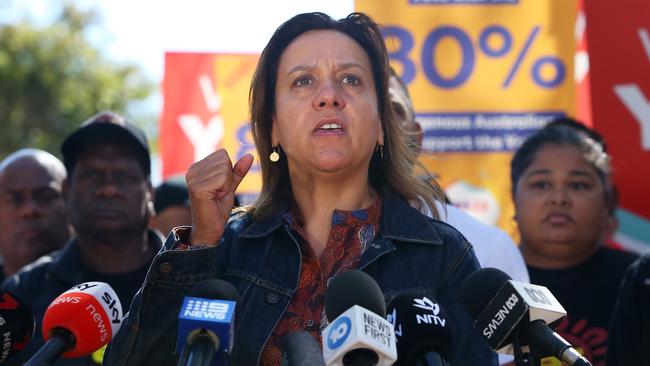
Indigenous leaders who have spent years working towards constitutional recognition are expected to regroup next Sunday to begin working on a response to the failed voice referendum.
Deputy Prime Minister Richard Marles ruled out another attempt at constitutional recognition but reaffirmed the government’s commitment to the Uluru Statement from the Heart in full – which asks for voice, treaty and truth. There was no detail on how the government would pursue treaty and truth, with Mr Marles saying the government’s focus was now on reconciliation and closing the gap.
“This (the voice referendum No result) is not a vote against reconciliation, nor is it a vote against closing the gap,” he told the ABC.
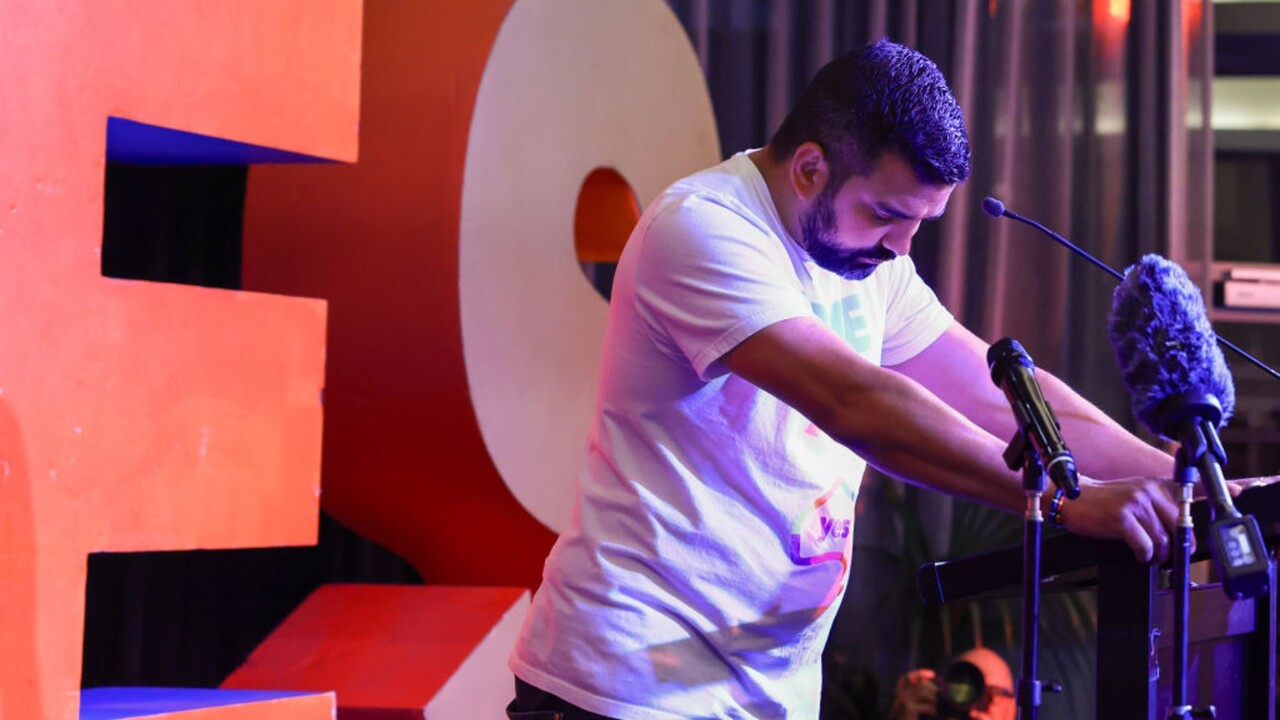
“We will work with Indigenous Australia and we’ll definitely listen to them very closely about how we can take steps forward in closing the gap. I really do hope that coming out of this there is, in fact, an increased appetite to put in place programs which can close the gap.”
Voice supporters across the government and opposition said the dust had to settle before the country could consider what to do next on reconciliation. Many Indigenous leaders were participating in a week of silence. The Australian has been told the government will wait to learn the outcome of talks between the Indigenous leaders.
One Labor MP said an ATSIC-style body should be revisited. Health Minister Mark Butler said he would work closely with the National Aboriginal Community Controlled Health Organisation on how to move forward.
Liberal MP Julian Leeser, who quit the opposition frontbench to campaign for the voice, said the country would need to reflect on what the No vote meant and move slowly towards any second referendum solely on constitutional recognition, as proposed by Peter Dutton.
“We need to commit to the reconciliation process,” Mr Leeser told the ABC. “I think the one thing all sides agreed last night was that Indigenous disadvantage is the top issue. That’s around closing the gap, recommit to the closing the gap process.”
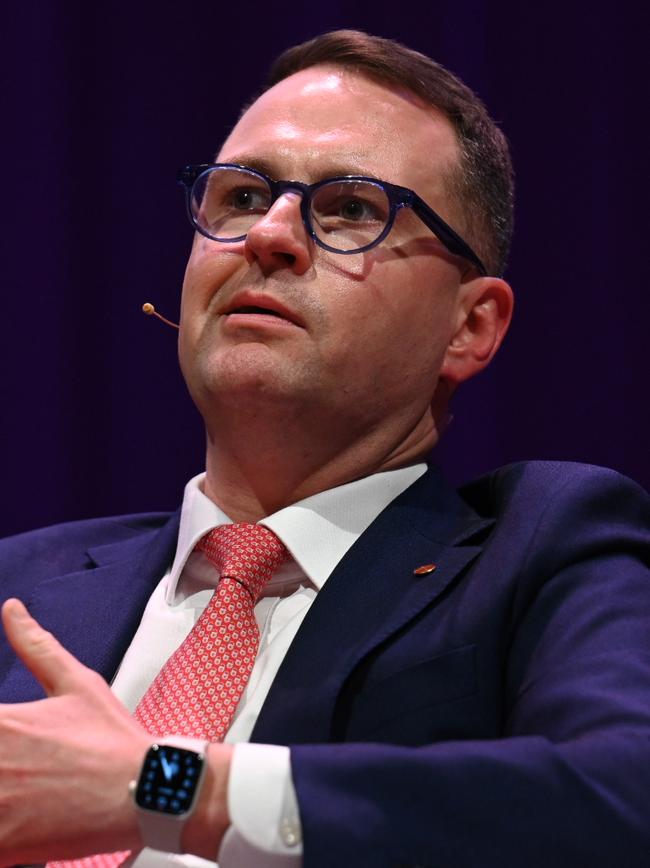
Liberal senator Andrew Bragg said the Albanese government had “squandered a generational opportunity” through its referendum process and model, and there needed to be a recovery “from this shambles” before a conversation on reconciliation.
On Sunday, the First People’s Assembly of Victoria – established in legislation to work towards treaties with the state government – said constitutional recognition was “not the only show in town”.
The treaties being negotiated in Victoria are a series of agreements that defy many people’s understanding of what a treaty is. For example, the agreements may commit government and its agencies to work with Indigenous people and give them the authority to make decisions on certain projects.
The Closing the Gap national agreement signed in 2020 by all premiers, chief ministers and then prime minister Scott Morrison is a commitment to work together with Indigenous communities to reduce disparity. However, a Productivity Commission report published in July found this was failing so badly there must be a watchdog with the power to hold bureaucrats to account.
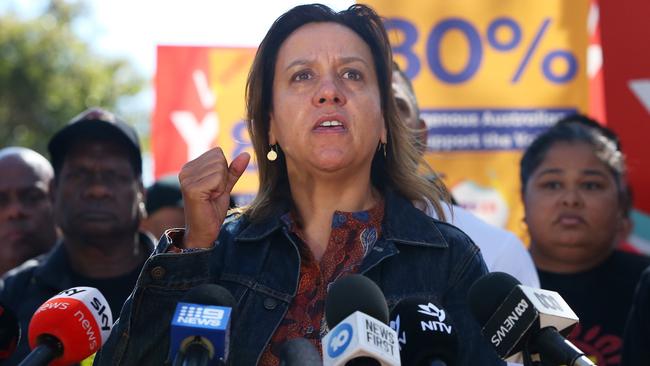
In a statement shared online by Yes23 co-chair Rachel Perkins, the Central Land Council and the NSW Aboriginal Land and Sea Council, Indigenous leaders who supported the voice said: “This is a bitter irony. That people who have only been on this continent for 235 years would refuse to recognise those whose home this land has been for 60,000 and more years is beyond reason.
“Talk not of recognition and reconciliation. Only of justice and the rights of our people in our own country.”
The emphatic rejection of the voice ends 15 years of work that began when John Howard pledged in 2007 to hold a referendum on constitutional recognition.
In a landmark speech at the Sydney Institute, Mr Howard proposed amending the Constitution to recognise Aboriginal and Torres Strait Islander people’s “special (though not separate) place within a reconciled, indivisible nation”.


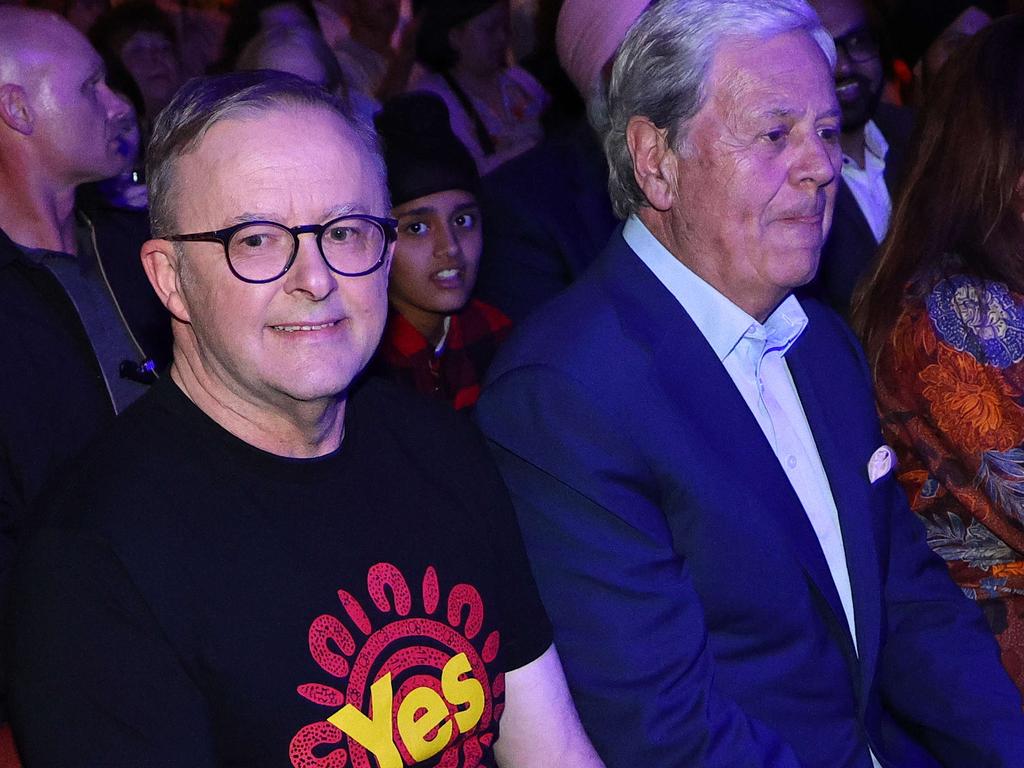


To join the conversation, please log in. Don't have an account? Register
Join the conversation, you are commenting as Logout